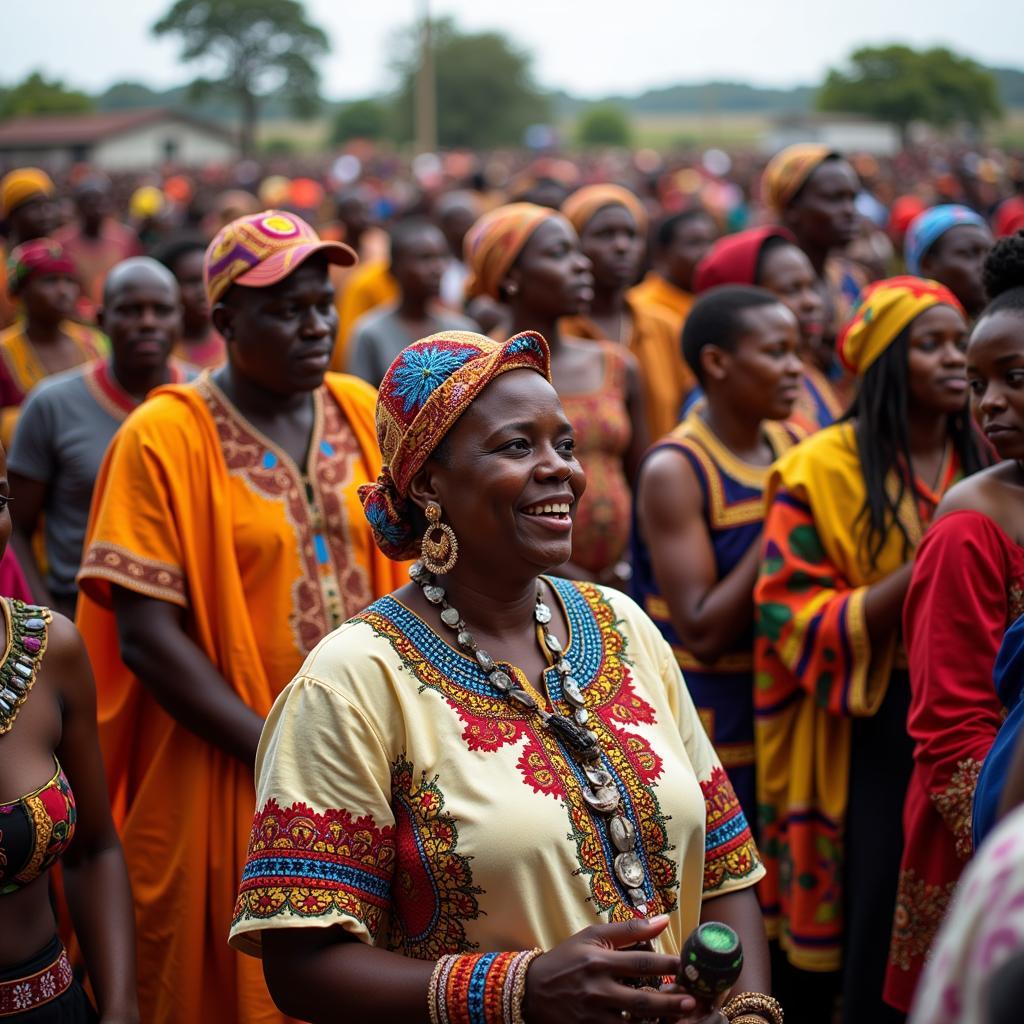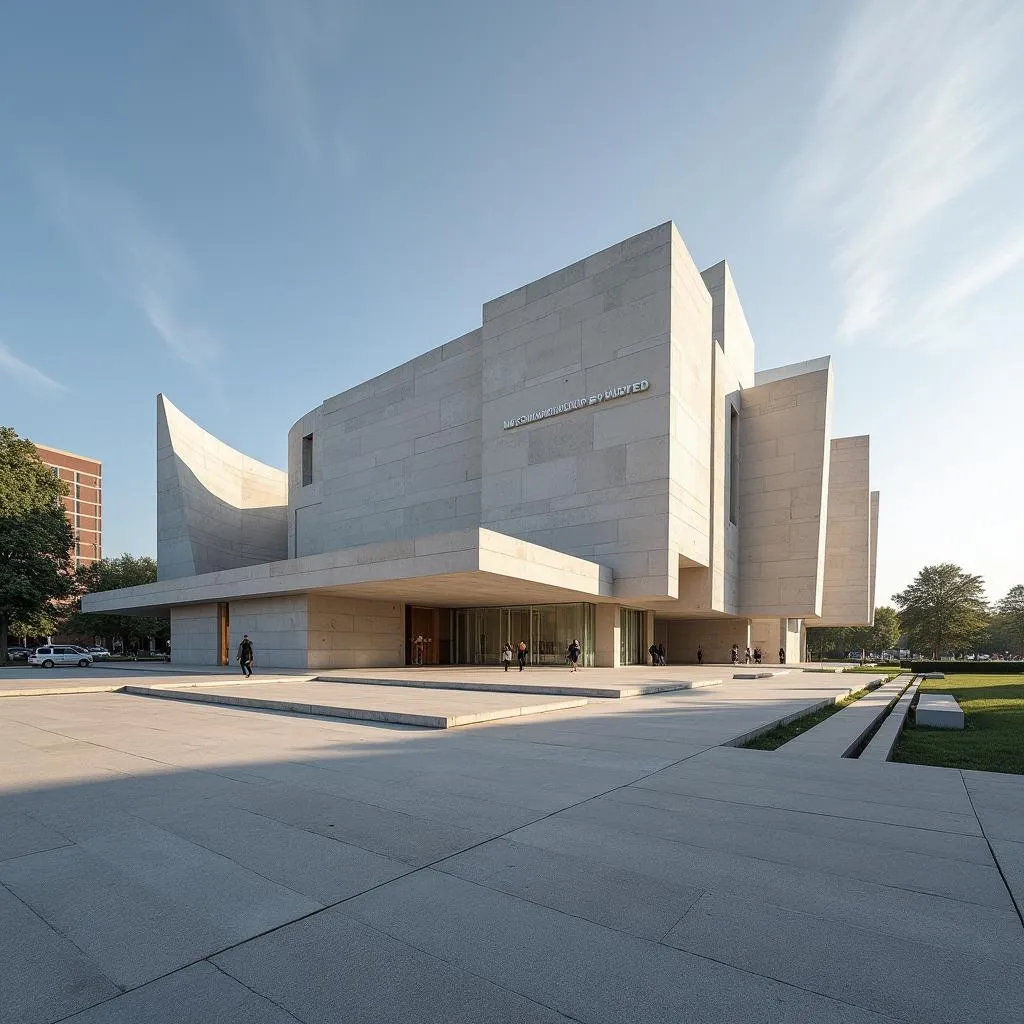African American Writing: Exploring the Powerful Voice of a Minority
The vibrant tapestry of African American literature is a testament to the resilience, creativity, and enduring spirit of a people who have navigated a long and complex history. From the poignant narratives of enslaved Africans to the powerful voices of contemporary authors, African American writing has always been a space for exploring the complexities of identity, culture, and social justice.
A Legacy of Storytelling: From Enslavement to Freedom
African American writing has its roots in the oral tradition, passed down through generations of enslaved Africans. These stories, sung and shared, served as a vital means of preserving cultural heritage, conveying historical truths, and fostering a sense of community. This tradition, often called “griot” storytelling, laid the foundation for a written tradition that would emerge later.
The first published work by an African American was “The Interesting Narrative of the Life of Olaudah Equiano, or Gustavus Vassa, the African,” written by a former enslaved man who documented his harrowing experiences and the horrors of the transatlantic slave trade. Equiano’s narrative, published in 1789, not only gave voice to the African American experience but also served as a powerful indictment of slavery.
The Rise of a Distinct Literary Voice
The 19th century saw the emergence of African American writers who explored the complexities of life in the Jim Crow South. Frederick Douglass’s autobiography, “Narrative of the Life of Frederick Douglass, an American Slave,” became a seminal work, detailing his escape from slavery and his passionate advocacy for abolition. Other important figures, such as W.E.B. Du Bois and Booker T. Washington, emerged as prominent voices in the fight for social justice and racial equality.
The Harlem Renaissance: A Flourishing of African American Arts and Letters
The Harlem Renaissance of the 1920s and 1930s witnessed an explosion of African American creativity, particularly in literature, music, and art. This period, characterized by its celebration of African American culture, saw the rise of Langston Hughes, Zora Neale Hurston, and Claude McKay.
These writers, along with others, produced a prolific body of work that explored themes of black identity, cultural pride, and the struggle for freedom. Langston Hughes, known for his poetic mastery, captured the essence of the Harlem experience in his powerful and evocative verses. Zora Neale Hurston, a pioneer of “folklore” fiction, unveiled the vibrant traditions and rich narratives of African American communities.
Contemporary Voices: Exploring the Landscape of Identity
Today, African American writing continues to evolve, reflecting the diverse experiences and complexities of the modern world. Authors like Toni Morrison, Maya Angelou, Alice Walker, and James Baldwin have made indelible marks on American literature, addressing themes of race, gender, sexuality, and the enduring legacy of slavery.
Toni Morrison, known for her lyrical prose and profound exploration of the African American experience, won the Nobel Prize in Literature in 1993 for her novel “Beloved.” Maya Angelou, a poet and activist, touched countless hearts with her deeply personal and moving poetry, particularly her iconic poem “Still I Rise.”
Challenges and Triumphs: The Importance of Representation
Despite the undeniable progress of African American writers, the fight for representation and inclusivity continues. It’s essential to recognize the challenges that African American writers continue to face, such as limited access to publishing opportunities, the underrepresentation of diverse perspectives, and the need for greater recognition and critical acclaim.
As Dr. Javon Moore, an esteemed literary scholar, states, “The power of African American writing lies in its ability to provide a space for marginalized voices to be heard. It’s a literary tradition that challenges dominant narratives, celebrates the resilience of the human spirit, and inspires hope for a more just and equitable world.”
Embracing the Power of Storytelling
African American writing is more than just literature; it’s a cultural legacy, a vital tool for social change, and an enduring testament to the power of the human voice. As we move forward, it’s important to continue to celebrate the contributions of African American writers and to support their ongoing fight for recognition, representation, and the right to tell their stories.
“African American writing is an essential part of the American literary landscape. It’s a tradition that has enriched our understanding of history, identity, and the human condition. By supporting and engaging with this rich tradition, we can foster a more inclusive and equitable world,” adds Dr. Sarah Williams, a renowned author and literary critic.
The Future of African American Writing
The future of African American writing is bright, fueled by the creativity and unwavering spirit of a generation of new voices. Young authors, inspired by their predecessors, are continuing to break barriers, challenge conventions, and explore the complexities of the Black experience in the 21st century.
As we continue to learn from the past, we can embrace the power of storytelling to create a more just and equitable world for all.



